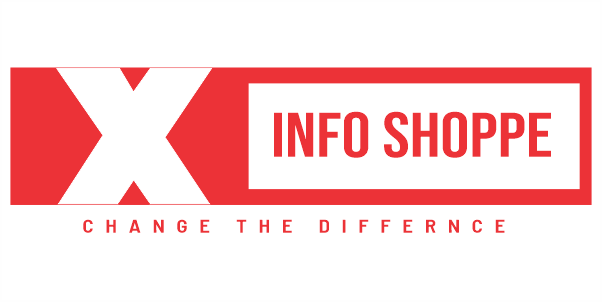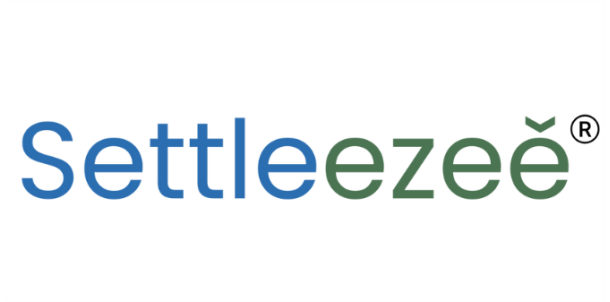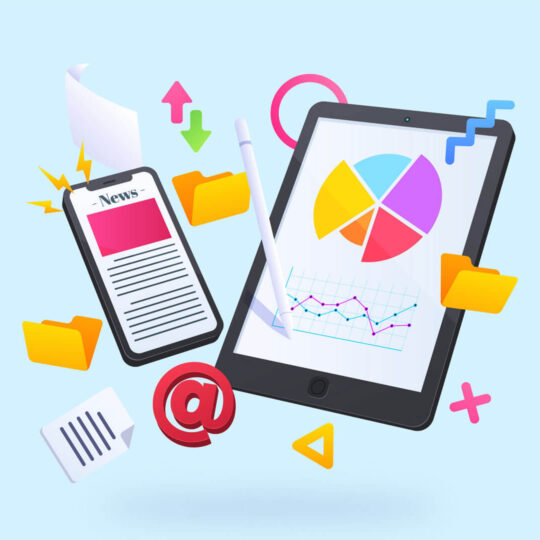- +1 (717) 710 6577
- info@digitalmartlab.com
Introduction to Performance Marketing
Performance marketing is a results-driven strategy where advertisers pay for specific actions such as clicks, leads, or sales. This model ensures that marketing expenditures are directly tied to measurable outcomes, making it an efficient and effective approach for businesses seeking to maximize their return on investment (ROI).

Pricing custom to you. Starting at $3,000
Advantages of Performance Marketing

Measurable Results
Every action taken by the user is tracked, allowing for clear measurement of campaign success. This transparency helps in making informed decisions and optimizing future campaigns.

Cost Efficiency
Since advertisers pay only for completed actions, performance marketing ensures that the budget is spent efficiently, minimizing waste and maximizing ROI.

Precision Targeting
Advanced targeting capabilities allow businesses to reach specific audiences based on demographics, interests, and behaviors, increasing the likelihood of conversions.

Flexibility and Scalability
Campaigns can be adjusted in real-time based on performance data, ensuring strategies remain effective and budgets are optimized for the best results.
Core Elements of Performance Marketing
Strategies for Effective Performance Marketing
Data-Driven Decision Making: Use analytics and performance data to guide campaign decisions. Regularly monitor metrics and adjust strategies based on insights.
Audience Segmentation: Identify and segment your target audience to tailor messages and offers, enhancing relevance and conversion rates.
Creative Testing and Optimization: Continuously test different ad creatives and formats to determine what resonates best with your audience. A/B testing can help identify the most effective combinations.
Attribution Modeling: Understand the customer journey and the impact of different touchpoints on conversions to optimize marketing efforts across all channels.
Continuous Improvement: Regularly review campaign performance, learn from the data, and implement improvements to enhance results and achieve better ROI.
Interested in working together?
Faq
Freequently Ask Questions
Performance marketing is a digital marketing strategy where advertisers pay for specific actions, such as clicks, leads, or sales, rather than for impressions or potential reach. This model ensures that marketing budgets are spent on measurable outcomes, providing clear ROI.
Unlike traditional marketing, which often pays for visibility regardless of results, performance marketing focuses on paying for actual results. This means advertisers only pay when a desired action is completed, making it a more cost-effective and measurable approach.
Performance marketing includes various tactics such as:
- Affiliate Marketing: Partners promote your products or services and earn a commission for every sale or lead they generate.
- Search Engine Marketing (SEM): Paid ads on search engines that target specific keywords.
- Social Media Advertising: Targeted ads on platforms like Facebook, Instagram, and LinkedIn.
- Programmatic Advertising: Automated ad buying that targets specific audiences in real-time.
Performance marketing offers several benefits:
- Measurable Results: Track every action and measure campaign success accurately.
- Cost Efficiency: Pay only for completed actions, minimizing wasted spend.
- Targeted Reach: Advanced targeting options allow you to reach your ideal audience.
Flexibility: Easily adjust and scale campaigns based on performance data.
Success is measured using various metrics, depending on your goals. Common metrics
include
Click-Through Rate (CTR): The ratio of users who click on an ad to the number of total users who view it.
Conversion Rate: The percentage of users who complete a desired action (e.g., purchase, sign-up) after clicking on an ad.
Cost Per Action (CPA): The cost of acquiring a customer who completes a specific action.
Return on Investment (ROI): The overall profitability of the campaign.
The best platforms for performance marketing depend on your target audience and
goals. Popular platforms include
Google Ads: For search engine marketing.
Facebook Ads: For highly targeted social media campaigns.
Instagram Ads: For visually-driven campaigns targeting younger demographics.
LinkedIn Ads: For B2B marketing and professional audiences.
To optimize your campaigns:
● Use Data Analytics: Continuously analyze performance data to make informed
decisions.
● A/B Testing: Test different ad creatives, messages, and formats to see what
works best.
● Audience Segmentation: Tailor your campaigns to different audience segments
for more relevance.
● Attribution Modeling: Understand the customer journey and optimize
touchpoints for better conversions.
The cost of performance marketing varies based on the platform, industry, and scope of
the campaign. Generally, prices can range from $1,000 to $10,000 per month. Custom
packages are often available depending on the complexity and requirements of the
campaigns.
The costs vary based on the scope and services provided:
- Content Creation: $500 to $5,000 per month.
- Social Media Management: $1,000 to $10,000 per month.
- Advertising: $1,000 to $50,000+ per month.
- Comprehensive Packages: $2,000 to $20,000+ per month, including content creation, management, advertising, and analytics.
When choosing a performance marketing agency, consider the following:
- Experience and Expertise: Look for agencies with a proven track record in your industry.
- Services Offered: Ensure they offer the specific services you need.
- Transparency: Choose an agency that provides clear reporting and analytics.
- Client Testimonials: Check reviews and testimonials from past clients.
Determining the right ad budget depends on several factors, including your overall marketing goals, the competitiveness of your industry, and the platforms you plan to use. Start by defining your objectives (e.g., lead generation, sales, brand awareness) and then allocate a budget that aligns with these goals. It’s also important to consider historical performance data and benchmarks for your industry to estimate costs accurately.
Determining the right ad budget depends on several factors, including your overall marketing goals, the competitiveness of your industry, and the platforms you plan to use. Start by defining your objectives (e.g., lead generation, sales, brand awareness) and then allocate a budget that aligns with these goals. It’s also important to consider historical performance data and benchmarks for your industry to estimate costs accurately.
The timeline for seeing results can vary based on the type of campaign, the industry, and the specific goals. Typically, initial data and trends can be observed within the first few weeks, but more substantial results and ROI are often seen over a period of 3 to 6 months as campaigns are optimized and scaled.
Absolutely Performance marketing is particularly beneficial for small businesses
because it ensures that marketing budgets are spent efficiently. By paying only for
actual results, small businesses can maximize their ROI and scale their efforts as they
grow.
Our Clients

















